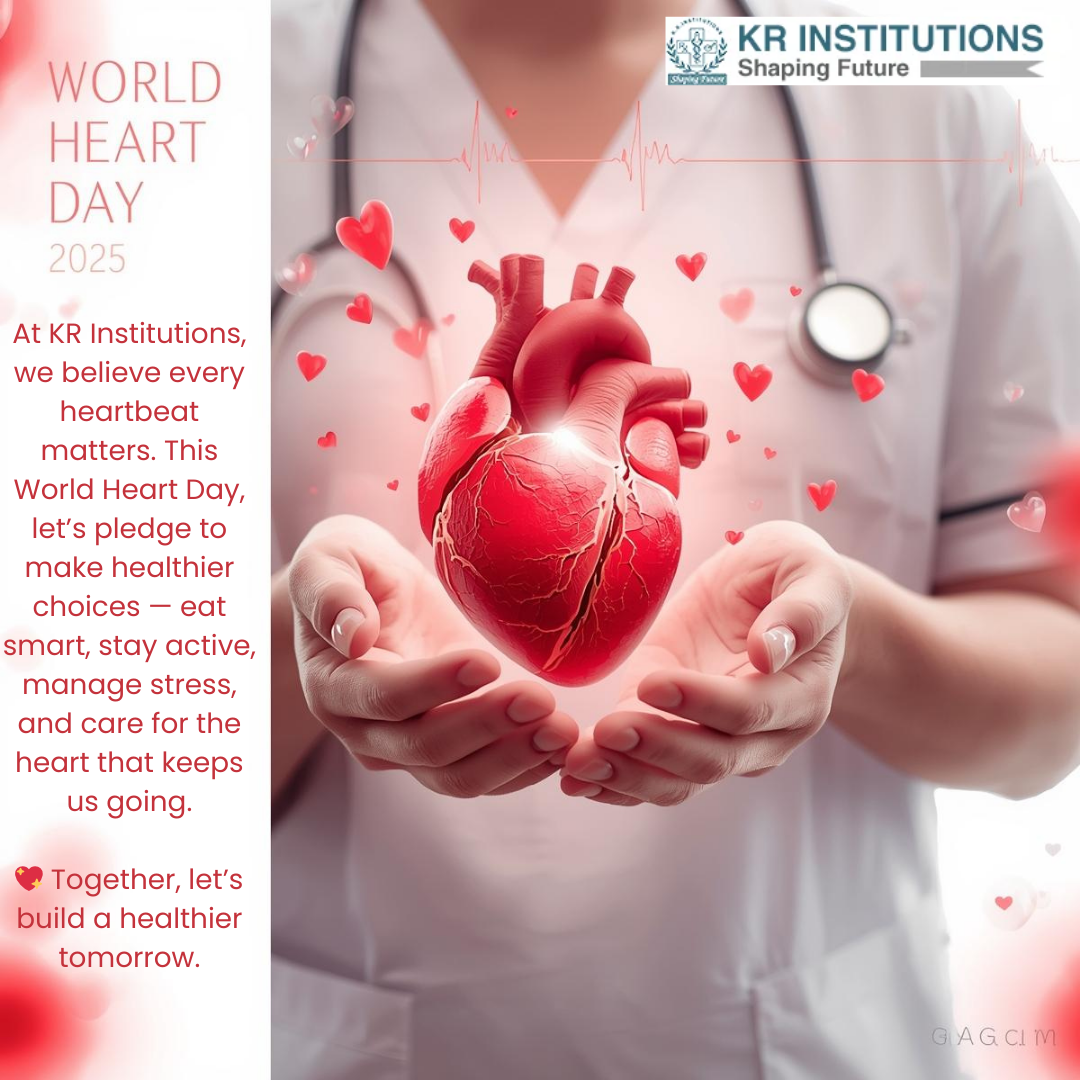views

Every second counts when a life hangs in the balance. Whether it’s a cardiac arrest, a road accident, or a sudden collapse in a hospital corridor, the ability to act fast and effectively can mean the difference between life and death. For this reason, CPR and First Aid skills are essential for every nursing student.
At KR Institutions, Bangalore, nursing students are not just trained to treat diseases — they’re prepared to save lives in emergencies. These foundational skills create confident, competent, and compassionate professionals ready to handle real-world crises.
Understanding the Importance of CPR and First Aid
Cardiopulmonary Resuscitation (CPR) and First Aid are basic yet vital interventions that anyone in healthcare should master. CPR helps restore blood flow and oxygen to the brain during cardiac arrest, while First Aid focuses on providing immediate care for injuries, burns, bleeding, or shock before medical professionals take over.
For nursing students in Bangalore, learning these techniques early builds both competence and confidence. In critical moments, there’s often no time to wait for help. The nurse becomes the first responder — the person who keeps a patient alive until advanced care arrives.
CPR Training: The First Step in Saving Lives
CPR training is not just about pressing on a chest or counting compressions. It’s about understanding the rhythm of life itself. At KR Institutions, CPR training follows the latest American Heart Association (AHA) and Indian Resuscitation Council guidelines, ensuring that students learn standardized, evidence-based methods.
Key Components of CPR Training:
- Hands-on practice with manikins: Students simulate real-life resuscitation scenarios.
- Understanding cardiac rhythms: Training includes recognizing arrhythmias and using automated external defibrillators (AEDs).
- Team coordination: In real emergencies, collaboration and communication are as vital as the technique itself.
By practicing regularly, nursing students in Bangalore develop muscle memory that allows them to act instantly and correctly — even under stress.
First Aid Skills: Beyond the Classroom
While CPR is crucial for cardiac emergencies, First Aid covers a broader spectrum of situations that nurses face daily. From wound management to fracture stabilization and burn treatment, these skills empower nurses to take control in emergencies both inside and outside hospital walls.
Common First Aid Areas Covered in Nursing Training:
- Wound care and bleeding control
- Fracture immobilization
- Burn and shock management
- Poisoning and allergic reactions
- Emergency childbirth
At KR Institutions, First Aid is taught through simulation-based learning, allowing students to experience realistic situations where quick judgment and action are key. This experiential approach strengthens decision-making and boosts student confidence.
Why Every Nursing Student Must Learn CPR and First Aid
- Immediate Response Saves Lives
Studies show that early CPR can double or even triple a cardiac arrest victim’s survival rate. When a nurse is present, every second counts — and having proper CPR training makes all the difference. - Professional Readiness
Employers increasingly value candidates certified in CPR and First Aid. These skills are considered mandatory in most hospitals and clinics. Graduates from KR Institutions are equipped with globally recognized training certifications that make them job-ready. - Confidence in Crisis
Emergencies are unpredictable. A well-trained nurse remains calm, follows procedure, and leads others through chaos. This confidence stems from repetitive, realistic practice. - Community Impact
Nurses are often role models in their communities. Knowing first aid skills means being able to assist during accidents, natural disasters, or even at home — extending the reach of healthcare beyond hospitals.
CPR and First Aid Integration in Nursing Curriculum
At KR Institutions College of Nursing, CPR training and First Aid skills are embedded throughout the nursing curriculum. Rather than being one-time workshops, these are recurring, practical sessions that evolve as students progress through their studies.
Training Highlights Include:
- Regular skill assessments to ensure retention.
- Simulation labs with advanced CPR manikins and emergency response setups.
- Hospital-based practice where students assist during real emergencies under supervision.
- Peer learning sessions where students teach and evaluate one another’s techniques.
This structured approach ensures that by graduation, every nursing student in Bangalore is not just aware of emergency care — they are capable of leading it.
The Lifelong Value of CPR and First Aid Skills
Learning CPR and First Aid doesn’t stop at certification. It’s a lifelong responsibility. Medical procedures evolve, new guidelines emerge, and periodic refreshers are necessary to maintain proficiency.
Graduates from KR Institutions carry forward these skills throughout their careers — in hospitals, schools, ambulances, or even when traveling. Wherever they go, they bring the ability to save lives.
Conclusion
In healthcare, technical knowledge is critical, but immediate response skills save lives in real time. That’s why CPR training and First Aid skills are indispensable for every nursing student. These are not just academic requirements — they are acts of compassion, courage, and humanity.
At KR Institutions, Bangalore, the focus is clear: every nursing student must leave campus ready to handle emergencies, deliver life-saving care, and lead when it matters most. Because when someone’s heartbeat stops, a well-trained nurse doesn’t wait — they act.










